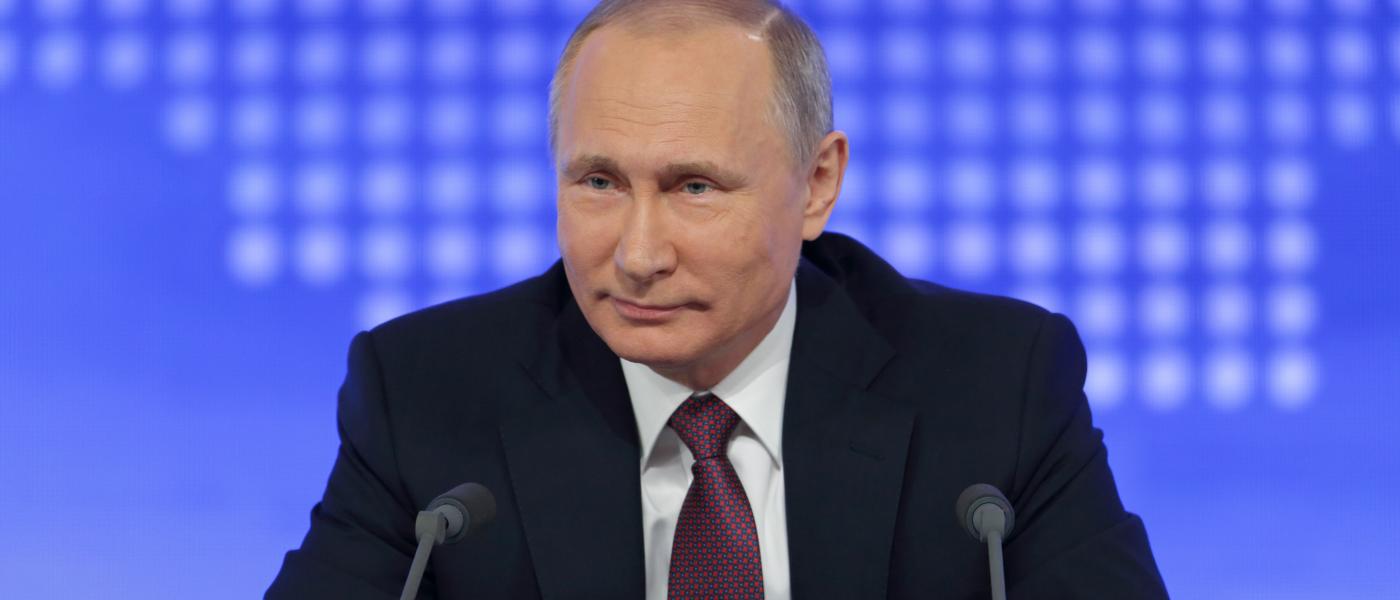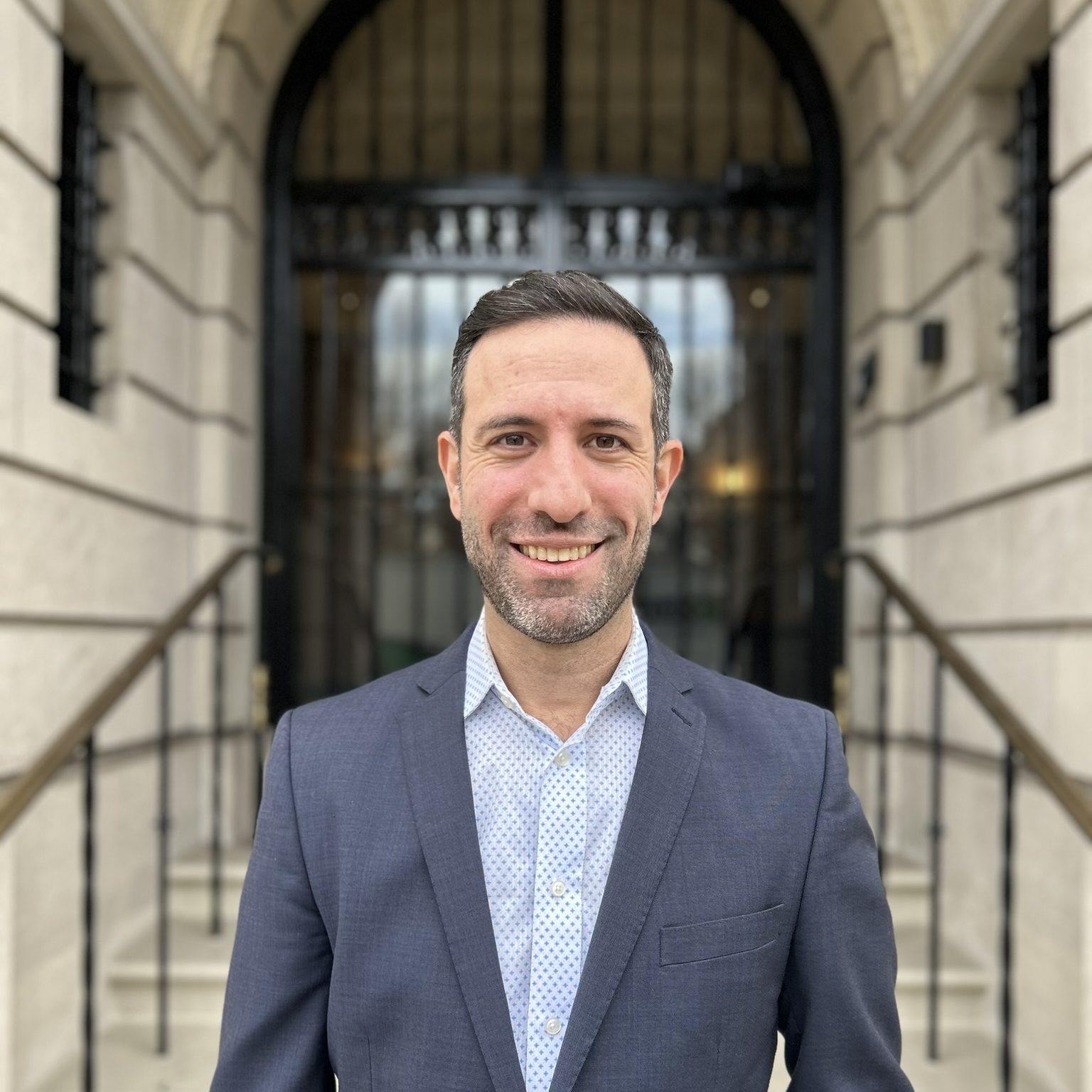President Biden’s trip to demonstrate “America’s renewed commitment to our allies and partners” and showcase “the capacity of democracies to both meet the challenges and deter the threats” culminates with a one-on-one meeting between Biden and Russian President Vladimir Putin. Biden has been clear that his goal is to show that our alliances in Europe are strong in the face of challenges from Russia and China, and he has said that while the U.S. wants a “stable and predictable relationship” with Russia, it “will respond in a robust and meaningful way if the Russian government engages in harmful activities.”
ASD experts provide analysis ahead of the Biden-Putin summit from various angles. David Salvo writes that Biden and Putin may be able to find common ground on climate change; Maurice Turner says the meeting is an opportunity for Biden to respond to Russian cyberattacks; Kristine Berzina argues that Biden must chart the consequences for Russia’s behavior; Josh Rudolph explains that Biden’s time in Europe will be key to showing that democracies can work together to respond to autocracies; Nad’a Kovalčíková warns that Russia’s information manipulation operations should be one of Biden’s top concerns heading into the summit; and David Levine questions whether Biden will go beyond rhetorical warnings.
David Salvo, Deputy Director and former State Department officer in Russia
Let’s be realistic. The forthcoming meeting between President Joe Biden and Russian President Vladimir Putin is not going to change the downward trajectory of U.S-Russian relations. Biden will not shy away from challenging Putin on contentious issues, including Russia’s interference in American democracy, Russian cyberattacks against a variety of American targets, and the Russian military’s occupation of Ukraine, among others. And Putin, as usual, will deny, obfuscate, or rationalize Russian malign behavior. In short, the two leaders won’t get very far, but at least Biden will make clear his strong disapproval of Russia’s destructive tactics. But perhaps there is one area where the two leaders can find at least some common ground: climate change. Both Biden and Putin have signaled they want to find a way to cooperate to reduce environmental threats to the planet, though neither side has put forward any specifics on how they’d achieve this together. What Biden needs to be wary of is if the conversation on climate change resembles the dialogue between Washington and Moscow on counterterrorism during George W. Bush and Putin’s first terms in office following the 9/11 attacks. Rhetorical calls for increased cooperation to combat terrorists produced minimal results over the course of several years, and ultimately became overshadowed by thornier challenges in the bilateral relationship. Can the two presidents actually put aside a laundry list of deep grievances to move the needle on tackling climate change? It may be difficult to even get that far on the meeting’s agenda.
Related viewing:
Maurice Turner, Cybersecurity Fellow
President Biden may be among friends in the lead up to their meeting, but Russian President Vladimir Putin still has the advantage.
Regardless of the military or economic prowess of the United States, cybersecurity vulnerabilities and the weaponization of free speech remain the country’s greatest weaknesses. Putin shows no signs of deviating from a strategy of attacking critical infrastructure and stoking division among Americans along social issues and making the U.S. and NATO allies hesitant in their use of kinetic military responses. This summit is the opportunity for Biden to convey, plainly, that the U.S. is willing to become more aggressive and public with its retaliations against critical infrastructure attacks that can be traced back to Russian nationals or agencies. In the past six months alone, more than a dozen significant cyber incidents have been linked to Russia-based groups. It is obvious that Putin has no intention of stifling a growing segment of the Russian economy that is both highly-skilled and highly-profitable. It is up to the United States and its NATO allies to leverage foreign policy and military options that can buy time for network defenders and the American people to build resilience against these attacks. This summit is an opportunity for Biden to reestablish an effective deterrence strategy with Putin—I expect Putin to be unmoved.
Related reading:
Kristine Berzina, Senior Fellow
President Biden’s meeting with Russian President Vladimir Putin is an opportunity for the United States to show strength and resolve against Russia’s ongoing threats to the security of NATO countries and their partners. Since Russia occupied Crimea in 2014 and interfered in the U.S. election in 2016, the Kremlin has not changed its increasingly aggressive course in Europe and North America. Moreover, the Kremlin has accelerated attacks against civil society, political opposition, and media at home. In recent months, Russia has increased its conventional military presence on the border with Ukraine and in the Black Sea, struck the United States with cyber attacks, and provided support to Belarusian President Alexander Lukashenko’s operation to pluck a European airliner of the sky.
At the meeting in Geneva, President Biden will need to hold President Putin accountable for Russia’s attacks on the U.S. and its allies, demand a return to human rights, and chart the consequences— including economic measures—if Russia maintains or accelerates its current path. President Putin responds to strength. President Biden will need to stand strong not only on behalf the United States but also all of NATO and other allies on the front lines of Russia’s aggression.
Europeans will be watching President Biden in this meeting to see whether he can deliver on his security commitments to European allies and strike a dramatically different path from President Trump, who in his bilateral meeting with President Putin in Helsinki was not able to call Russia out on its bellicose behavior.
Related reading:
Josh Rudolph, Malign Finance Fellow
The key to seeing whether Biden stands up to Putin from a position of strength will not be gleaned at the summit itself. It’s safe to assume that Biden won’t take Putin’s side over his own country’s intelligence community or get duped into signing up for an “impenetrable Cyber Security unit” (whatever that meant). Rather, the key question is whether Biden’s week beforehand in England and Belgium succeeds at sending him into Geneva at the head of a strong, productive, and reunited transatlantic alliance. This will boil down to whether the allies are able to start delivering results showing that democracies are more capable than autocracies at meeting challenges and are sufficiently united to stand together against modern threats:
- Will the G7 announce an ambitious multilateral effort to fight the pandemic around the world, with vaccines, supply chains, and preparations for future outbreaks?
- Will the G7 unreservedly endorse a global minimum tax, while other countries start expressing support in anticipation of a deal at the G20 summit in October?
- Will Germany announce support for a very strong package of energy policies and other measures to protect Eastern Europe from vulnerabilities attending Russia’s Nord Stream 2 pipeline?
- Will the first EU summit since 2014 demonstrate returning confidence to stand together with and follow the lead of the United States, from joint actions against autocratic threats to new global economic rules to protect health and the climate?
- Will the communique from the first NATO summit since 2018 make announcements about how the alliance is improving its capacity to confront non-military threat vectors such as cyber and growing threat actors like China?
- Will Biden’s meetings with the leaders of Britain, Turkey, Belgium, and Switzerland showcase renewed unity with a broader ambit of allies than Russia has ever maintained?
- Will all these multilateral grouping and bilateral allies clearly stand together with the United States against Russia’s aggressive behavior, from harboring hackers and attempting assassinations to menacing Ukraine?
What scares Vladimir Putin the most is the prospect of democracies delivering results for their people and standing together as the largest economic and military bloc in the world. Given the likelihood that Putin—driven by his own zero-sum instincts and perceived domestic political needs—will never want to let predictability and stability govern the Kremlin’s relationship with Washington, the question is whether he nevertheless walks away from this crucial diplomatic week feeling constrained by a Western alliance that is healing its internal divisions, producing outcomes to bolster democratic legitimacy, and prepared to act together against Russian aggression.
Related reading:
Nad’a Kovalčíková, Program Manager and Fellow
The Kremlin’s well-oiled disinformation machine at home, in Europe, the United States, and elsewhere, will not stop producing harmful, divisive narratives anytime soon, but it should be a top concern for President Biden as he approaches his meeting with President Putin. Russia’s state-backed news outlets have been relentless in building an ideological challenge for European and U.S. citizens through spreading narratives undermining trust in their democracies’ capacity to address crises collaboratively and effectively, to protect their freedoms and their health, and to deliver free and fair elections. One reason the Kremlin continues this activity is that the costs remain low, and the tools to amplify such narratives online keep expanding. If the infodemic propagated perhaps as quickly as the coronavirus itself, it’s because falsehoods travel fast, often leaving governments, independent fact checkers and journalists, and tech companies to play catch up. Some of the Kremlin’s recent falsehoods include alleged Western secret services’ involvement in the forced landing of the Ryanair plane in Minsk. Other messages aim to discredit Western vaccines or vaccination policies.
Democracies should formulate a more coherent response to and work in concert to tackle the ongoing infodemic; the transatlantic relationship is key to these efforts as both the United States and Europe continue to grapple with the challenge. It will not be a surprise if Russia continues to undermine democracies, as it hasn’t been deterred by warnings up to now. The articulation of announced consequences could help and be enhanced by integrating the EU’s Strategic Compass threat analysis (once finalized) and an anticipated renewed NATO Strategic Concept for a more resolute approach to the Kremlin’s rising assertiveness in both physical and cyberspace.
Related reading:
David Levine, Elections Integrity Fellow
Every indicator suggests that Russian-affiliated actors will continue to actively engage in disrupting U.S. democratic processes. While combating threats such as election interference are a whole-of-society endeavor, governments are arguably the most important actors in preventing and mitigating foreign interference attacks. In their meeting, President Biden will likely reassert with Russian President Vladimir Putin that confronting Russian interference is a top priority, but will he go beyond rhetorical warnings? The Kremlin will continue to attack American democracy as long as it feels it can get away with it.
Related reading:
The views expressed in GMF publications and commentary are the views of the author alone.










